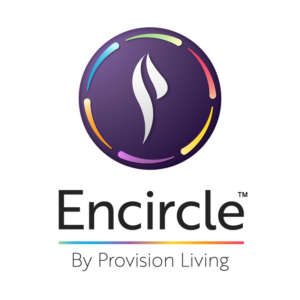Provision Living Senior Living
Creating Exceptional
Experiences for Seniors
Live your best life at Provision Living Senior Living Communities! From distinctive care services, innovative technology, and world-class companionship activities, Provision Living is the community that empowers residents to live their best lives.
What can Provision Living Senior Living Communities offer you?
Confidence
Confidence in collaborating with a partner who has many years of experience in assisting both seniors and their families.
Time
Enjoying special moments with your loved one, secure in knowing that we are here to offer support and guidance every step of the way.
Peace of Mind
Knowing you’ve found a safe, welcoming place where seniors flourish.


Discover Encircle: A Holistic Approach to Senior Living
Seniors experience better outcomes with an environment that nourishes their mind, body, and spirit. At Provision Living Senior Living Communities, Encircle Care is Provision Living’s exclusive care model centered around addressing every critical aspect of a resident's life, encompassing dining options, activities, therapeutic services, and overall wellness.
With Encircle, we deliver personalized experiences designed around the interests and needs of each individual resident, proactive healthcare planning to anticipate and address health concerns early on, and regular communication from our team about their loved ones’ daily experiences. This is available in all Provision Living Senior Living Communities.
Life at Provision Living
No more posts

